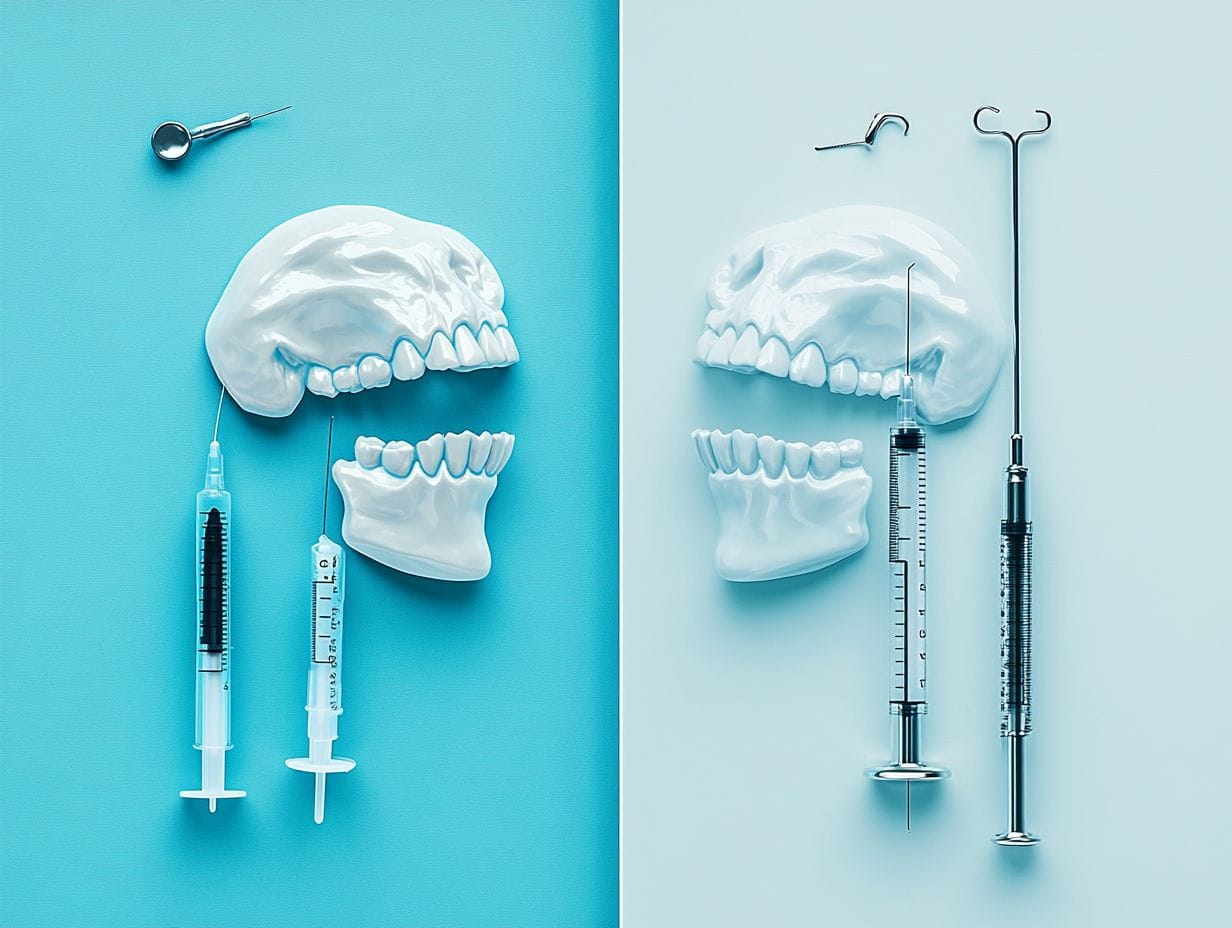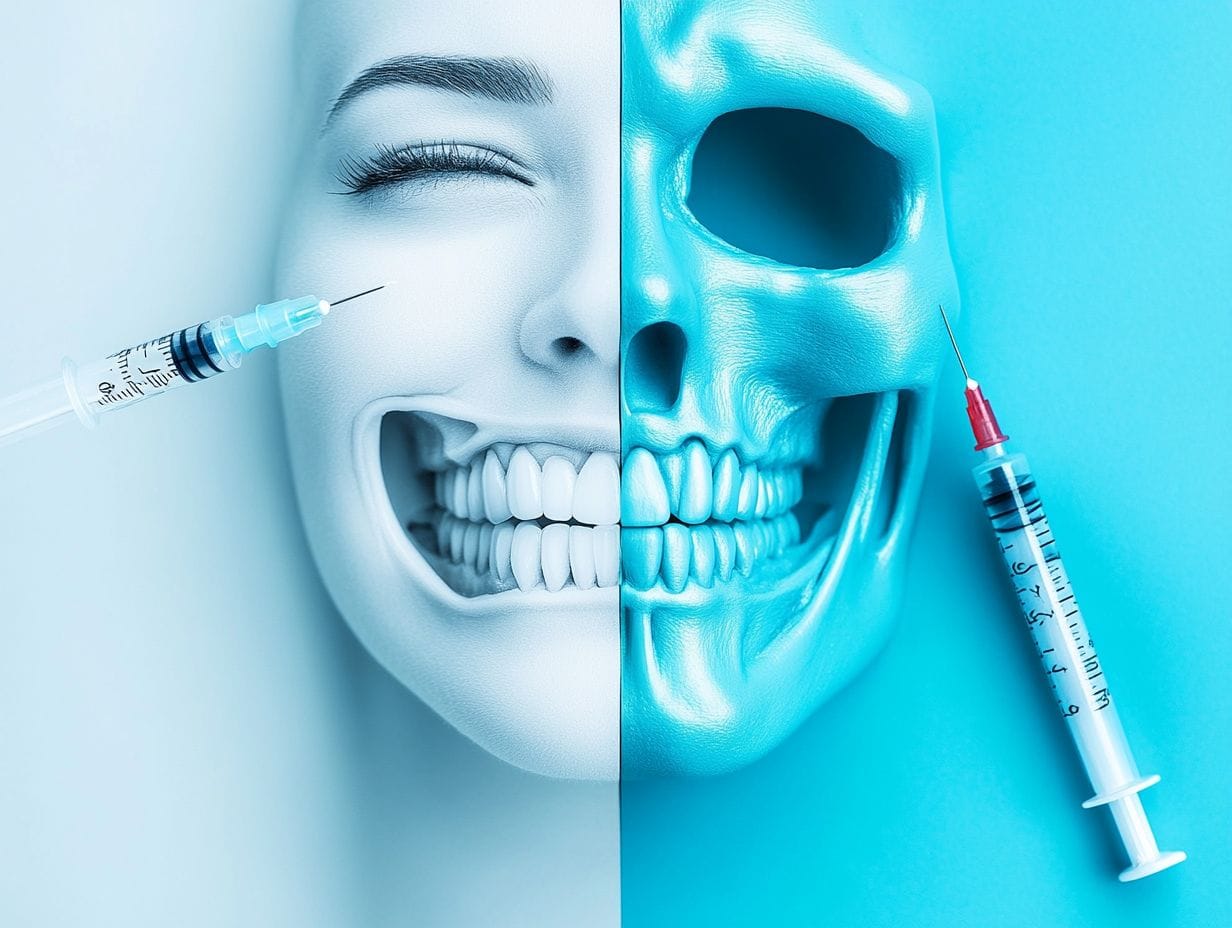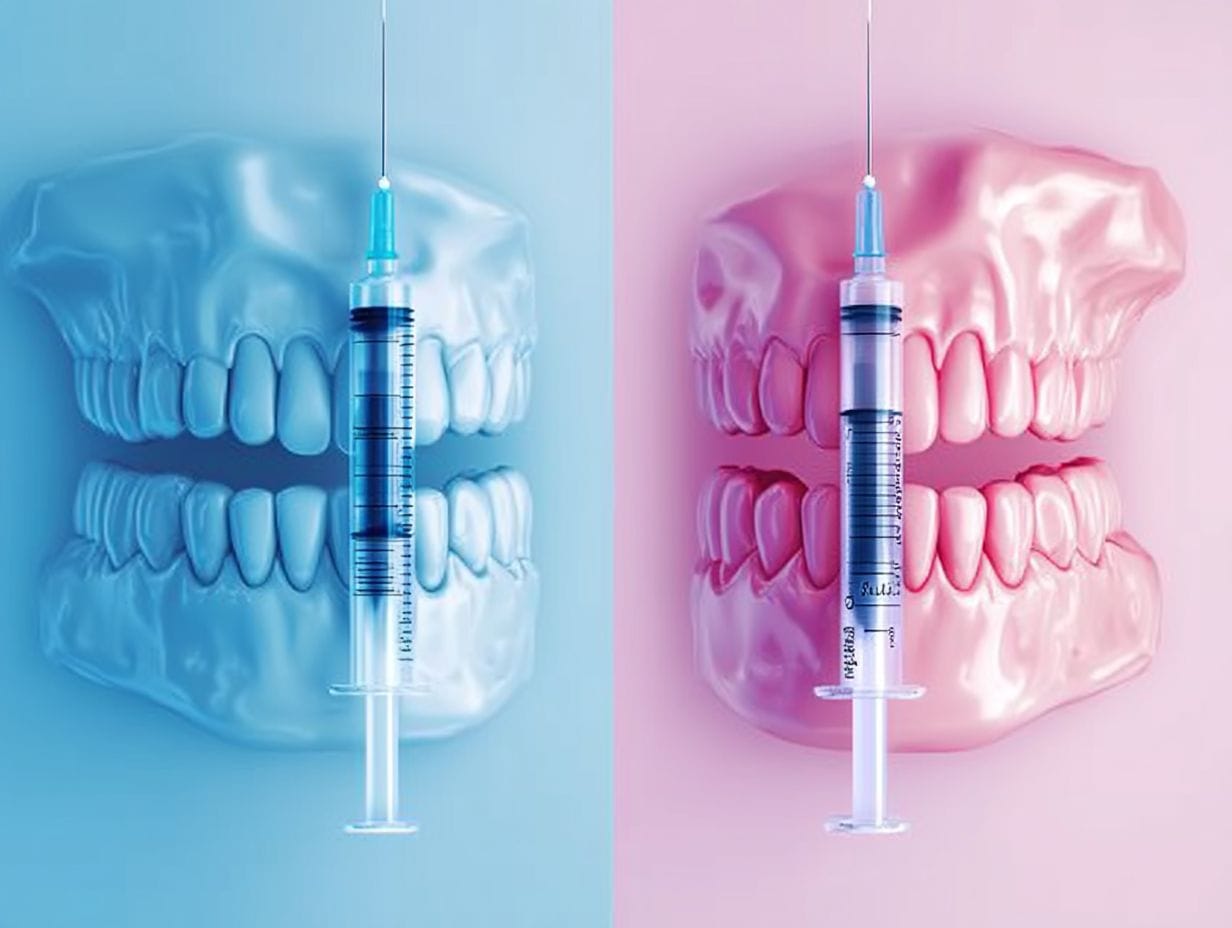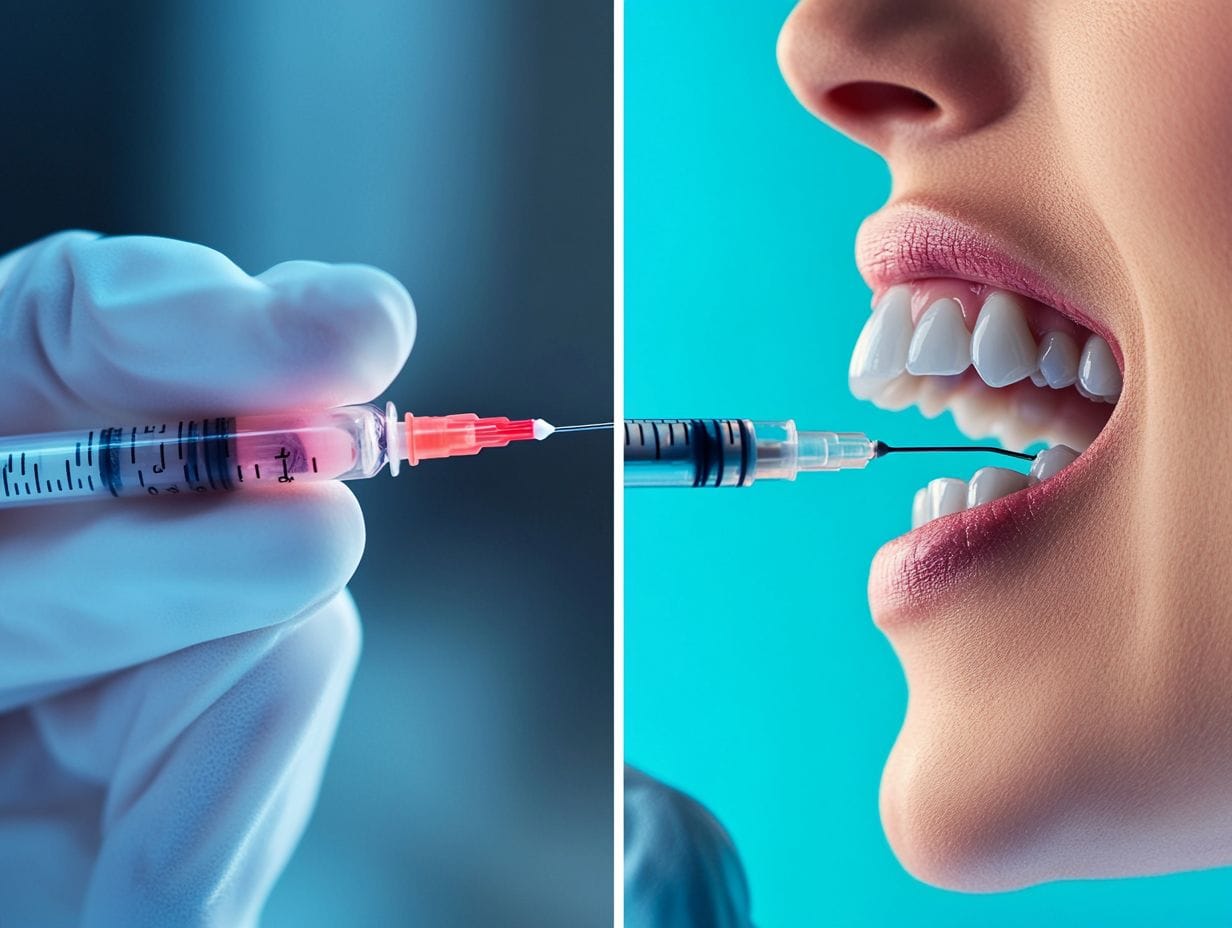Tension headaches and jaw pain can significantly impact daily life, often stemming from common issues like jaw clenching and teeth grinding. If you're searching for a solution, Botox has emerged as a promising treatment option. At The Bruxism Clinic Birmingham, expert care and personalised treatment plans are designed to address these concerns effectively. This article […]






 Chronic jaw pain is frequently linked to the repetitive strain associated with bruxism, which exerts excessive pressure on the jaw muscles and joints, consequently leading to temporomandibular joint (TMJ) disorder and muscle tension.This condition not only causes discomfort in the jaw but also contributes to a range of physiological issues, including tension headaches and earaches. During episodes of teeth grinding, the involuntary contraction of the jaw muscles results in overexertion of the surrounding structures, leading to inflammation and pain.For individuals experiencing these symptoms, the implementation of stress management techniques, such as mindfulness meditation or progressive muscle relaxation, can prove to be highly beneficial. By effectively reducing stress levels, individuals can alleviate the severity of their clenching and grinding, ultimately resulting in less frequent headaches and diminished jaw pain associated with bruxism.
Chronic jaw pain is frequently linked to the repetitive strain associated with bruxism, which exerts excessive pressure on the jaw muscles and joints, consequently leading to temporomandibular joint (TMJ) disorder and muscle tension.This condition not only causes discomfort in the jaw but also contributes to a range of physiological issues, including tension headaches and earaches. During episodes of teeth grinding, the involuntary contraction of the jaw muscles results in overexertion of the surrounding structures, leading to inflammation and pain.For individuals experiencing these symptoms, the implementation of stress management techniques, such as mindfulness meditation or progressive muscle relaxation, can prove to be highly beneficial. By effectively reducing stress levels, individuals can alleviate the severity of their clenching and grinding, ultimately resulting in less frequent headaches and diminished jaw pain associated with bruxism. In instances where non-invasive treatments for bruxism do not yield adequate relief from chronic jaw pain, jaw surgery may be considered as a last resort to address underlying issues such as jaw misalignment.The decision to pursue surgical options should be approached with caution, following a thorough evaluation of the individual's specific condition. There are various types of jaw surgeries available, including orthognathic surgery, which focuses on realigning the jaw, and arthroplasty, which is aimed at joint repair.Patients who experience significant discomfort due to persistent grinding or clenching may find these procedures advantageous, as they directly address the root causes of their symptoms.It is essential to consult with a qualified healthcare provider to facilitate a personalised assessment that evaluates the risks and benefits of surgical intervention. This ensures a comprehensive treatment plan that prioritises the patient's overall health and well-being.
In instances where non-invasive treatments for bruxism do not yield adequate relief from chronic jaw pain, jaw surgery may be considered as a last resort to address underlying issues such as jaw misalignment.The decision to pursue surgical options should be approached with caution, following a thorough evaluation of the individual's specific condition. There are various types of jaw surgeries available, including orthognathic surgery, which focuses on realigning the jaw, and arthroplasty, which is aimed at joint repair.Patients who experience significant discomfort due to persistent grinding or clenching may find these procedures advantageous, as they directly address the root causes of their symptoms.It is essential to consult with a qualified healthcare provider to facilitate a personalised assessment that evaluates the risks and benefits of surgical intervention. This ensures a comprehensive treatment plan that prioritises the patient's overall health and well-being.
 While Botox is widely recognised as a safe treatment for bruxism, it is important to consider potential side effects and risks, which may include localised pain, swelling, and unintended muscle weakness.These complications can manifest shortly after the procedure and may vary in intensity from mild to more pronounced effects. It is essential for individuals to be aware that adverse reactions can occur, such as headaches, bruising at the injection sites, and even flu-like symptoms.Consulting a healthcare provider with expertise in administering Botox is crucial to ensure that proper techniques are utilised, thereby minimising potential risks. They can offer personalised advice regarding pre-treatment preparations and post-treatment care, including the avoidance of certain medications or alcohol that may exacerbate side effects.In case of any unexpected symptoms, seeking medical guidance promptly is advisable to effectively manage these concerns.
While Botox is widely recognised as a safe treatment for bruxism, it is important to consider potential side effects and risks, which may include localised pain, swelling, and unintended muscle weakness.These complications can manifest shortly after the procedure and may vary in intensity from mild to more pronounced effects. It is essential for individuals to be aware that adverse reactions can occur, such as headaches, bruising at the injection sites, and even flu-like symptoms.Consulting a healthcare provider with expertise in administering Botox is crucial to ensure that proper techniques are utilised, thereby minimising potential risks. They can offer personalised advice regarding pre-treatment preparations and post-treatment care, including the avoidance of certain medications or alcohol that may exacerbate side effects.In case of any unexpected symptoms, seeking medical guidance promptly is advisable to effectively manage these concerns.

